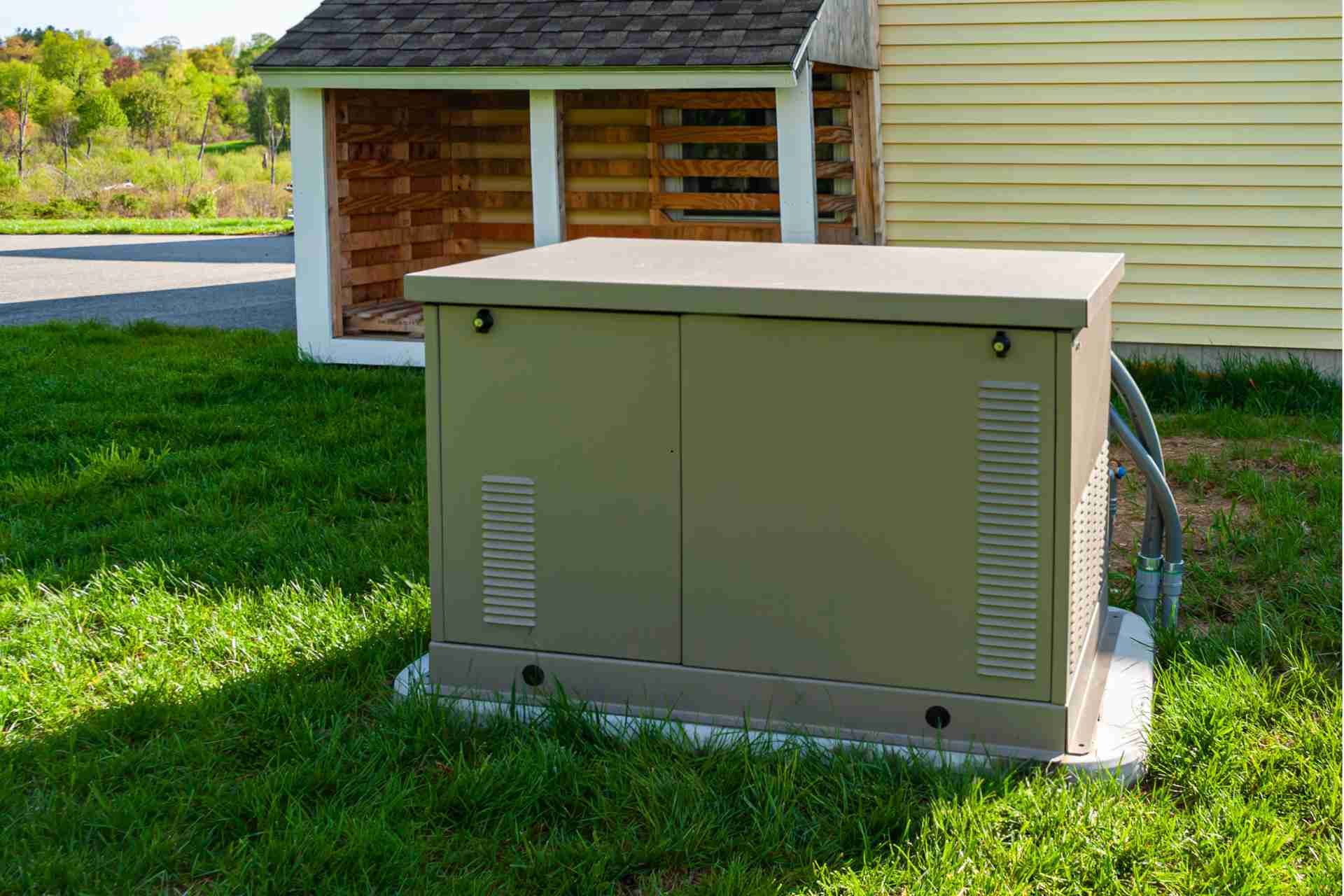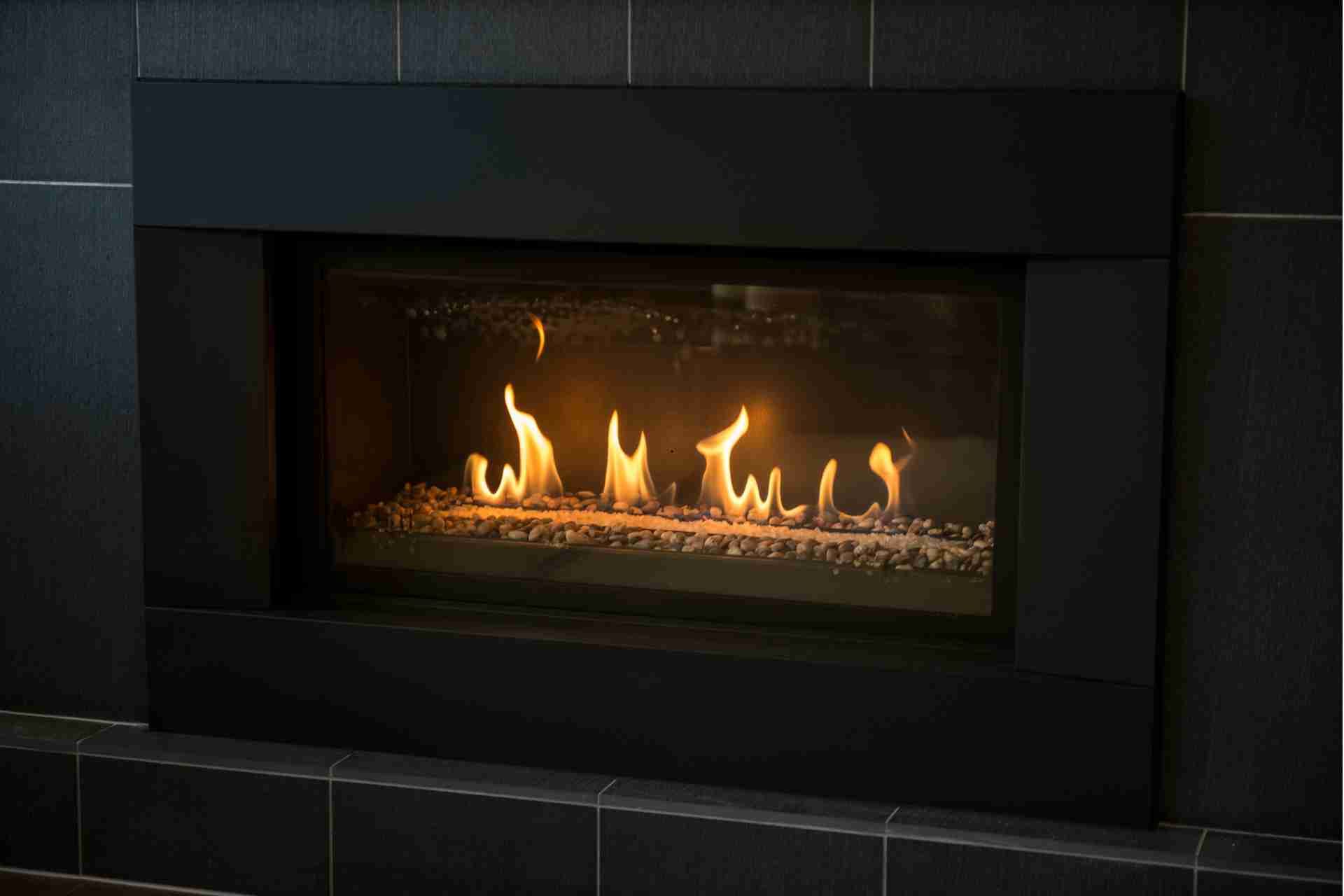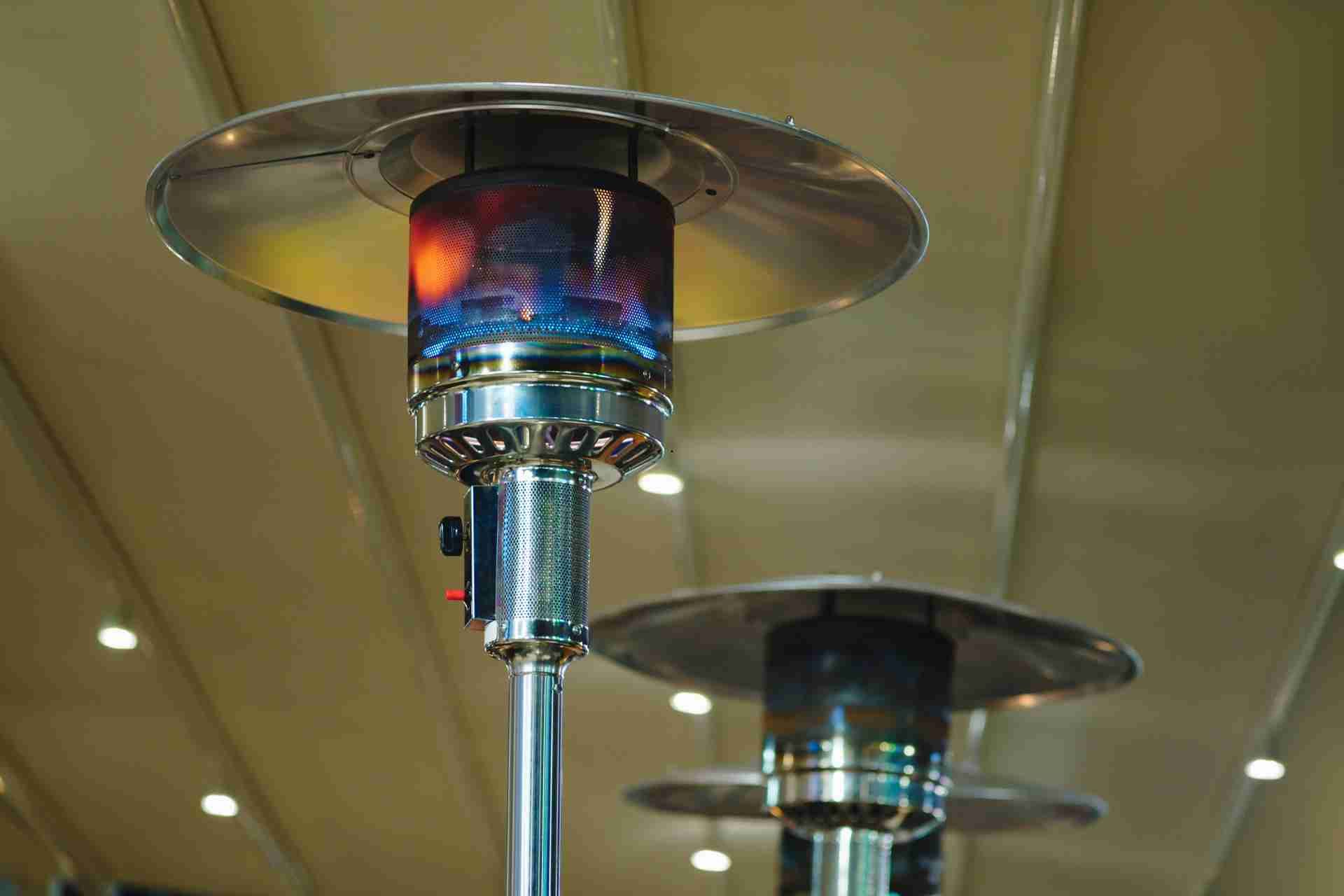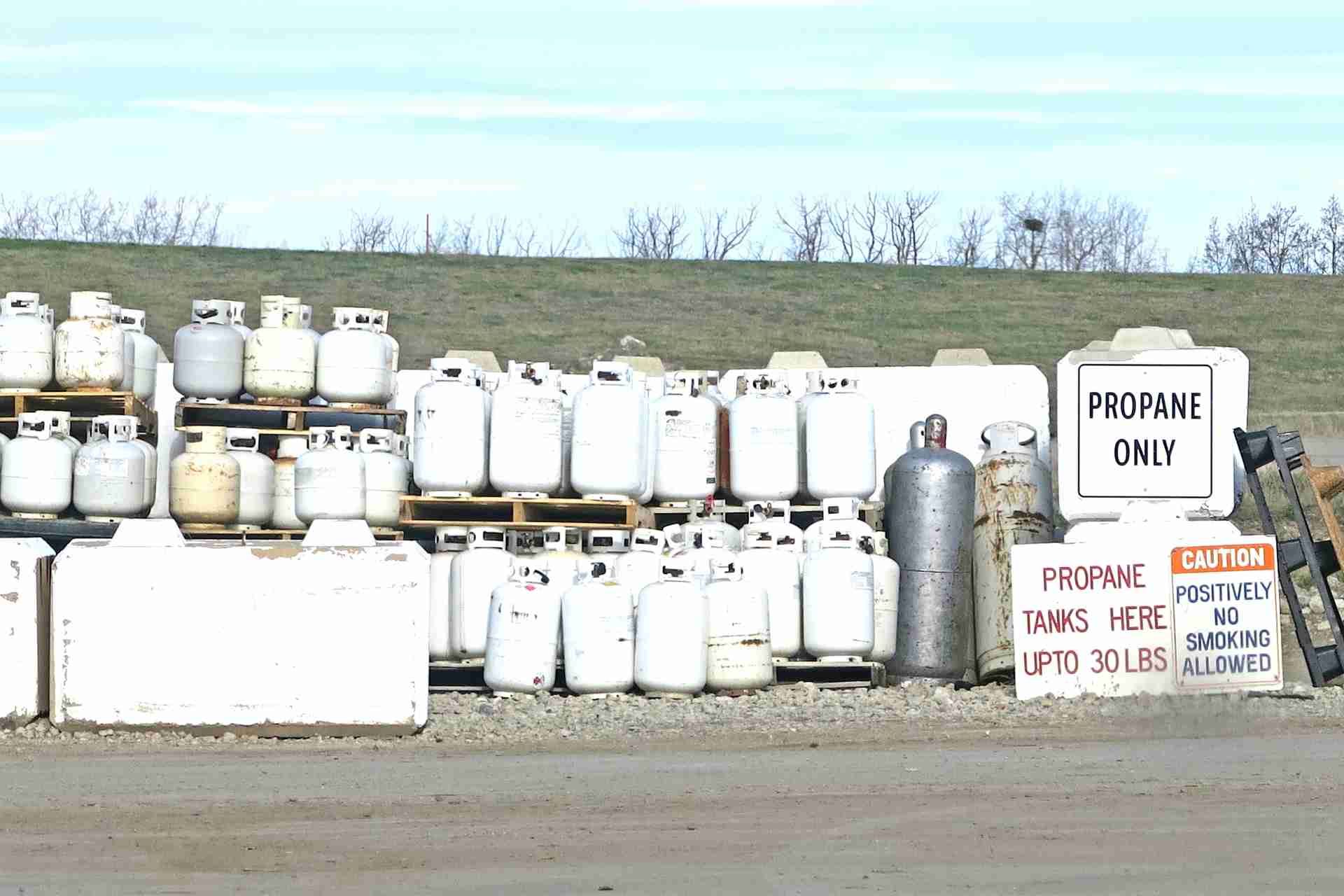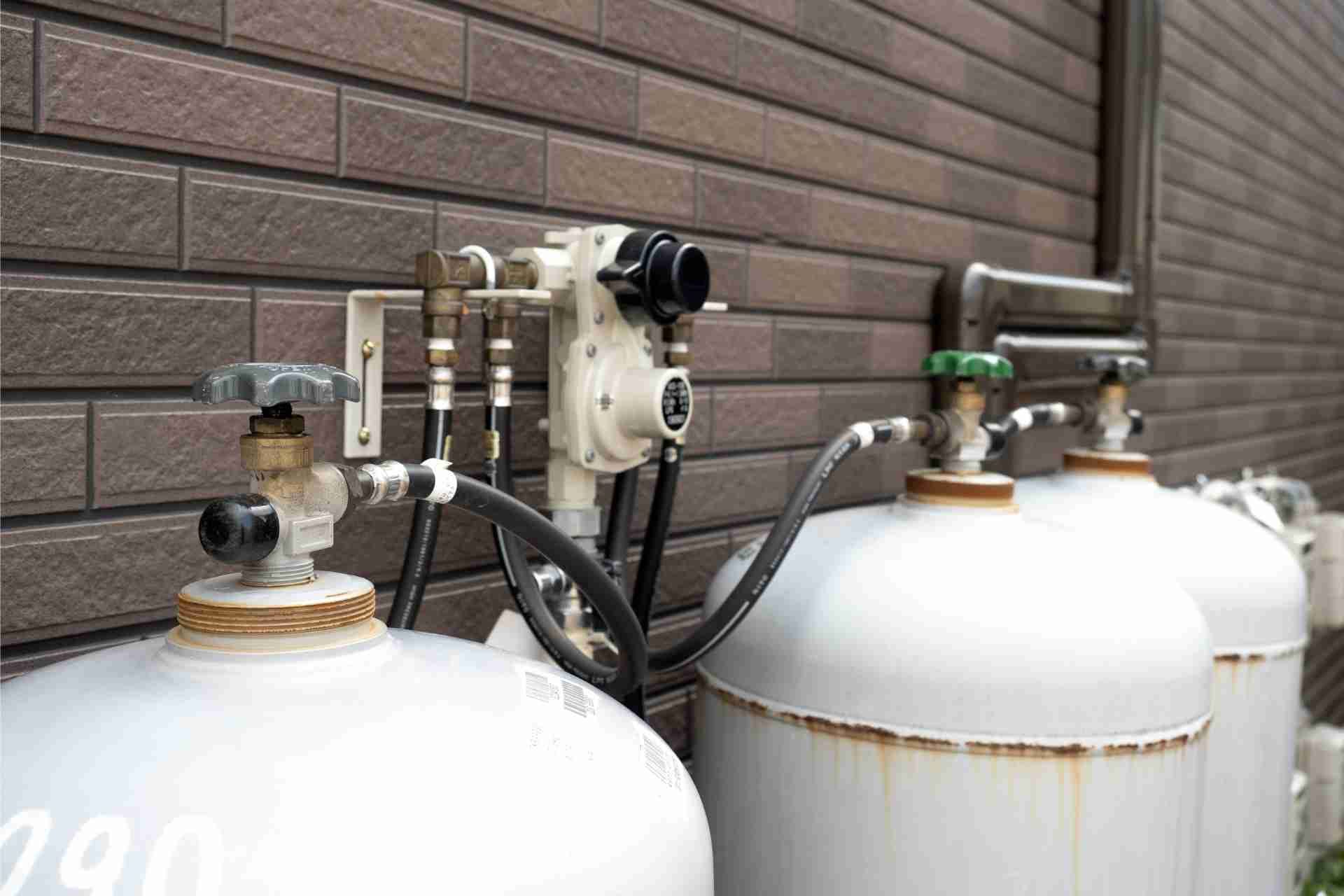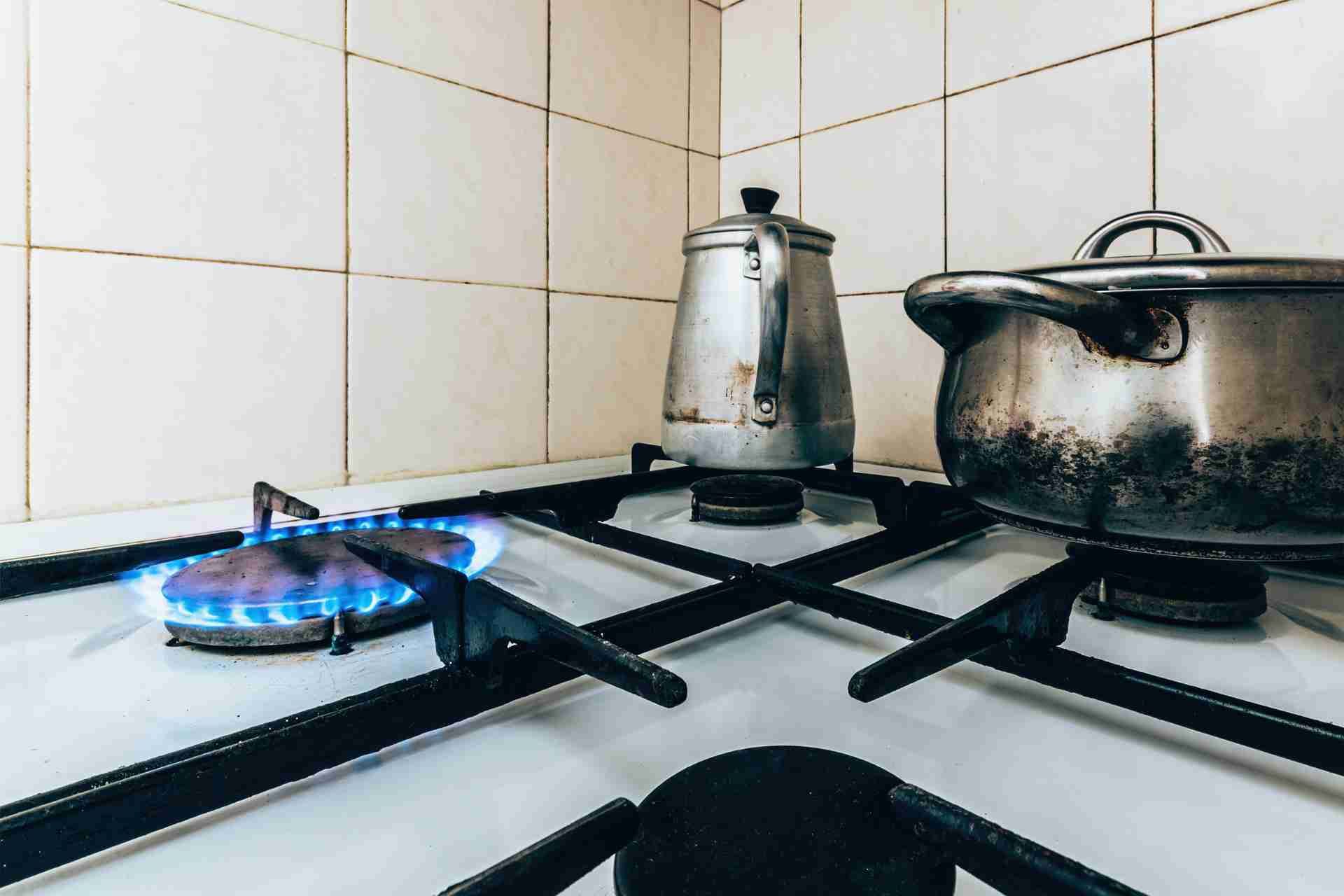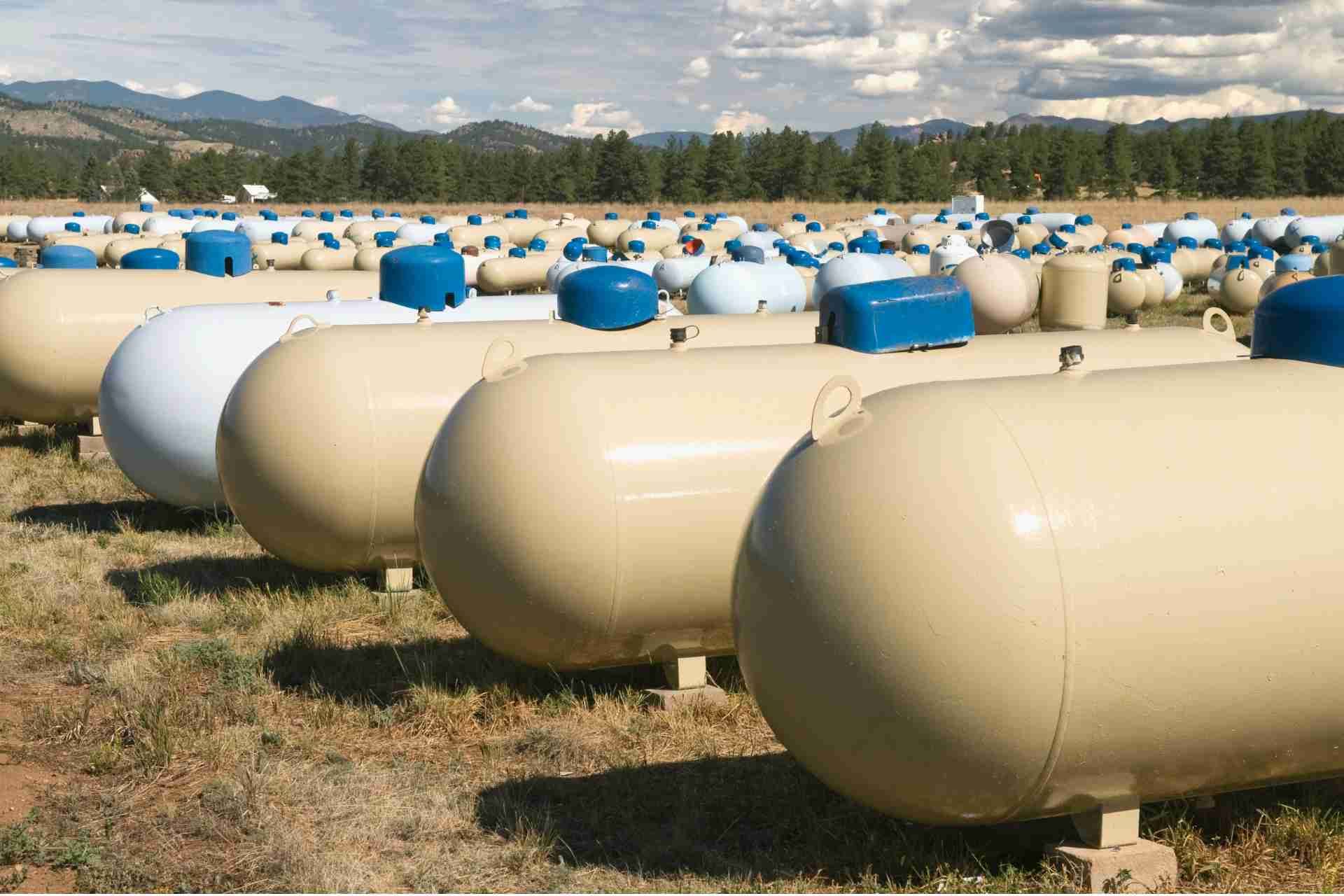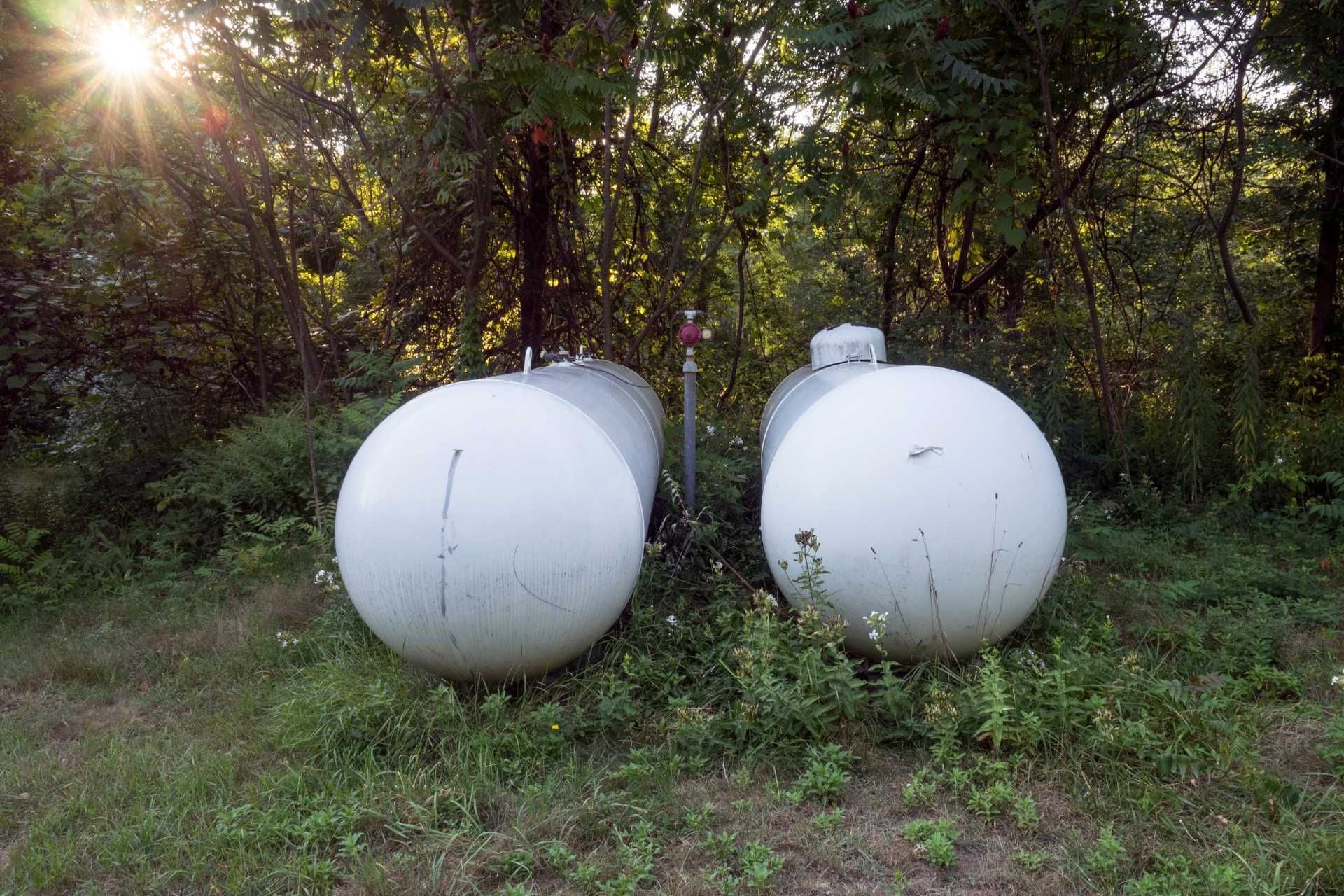Call Us Today
Are Propane And Natural Gas The Same
When it comes to fuels, you might wonder if propane and natural gas are the same. While they both serve similar purposes, their differences can impact your choices significantly. Understanding their unique characteristics could help you decide which is best for your needs. So, what sets these two fuels apart, and how do their applications affect your home? Let's explore these critical distinctions.
Understanding Propane
Propane, a versatile and efficient fuel, plays a significant role in many households and industries.
You'll often find it powering appliances like stoves, water heaters, and dryers, providing reliable energy for cooking and heating. Its portability makes it ideal for outdoor use, such as in grills and heaters for patios.
Propane's clean-burning nature means it produces fewer emissions compared to other fossil fuels, making it an environmentally friendly choice. Additionally, it's stored in tanks, allowing for easy transport and use in remote areas.
You can use propane in various applications, from agricultural equipment to forklifts in warehouses.
Understanding propane's benefits helps you make informed decisions about energy sources that suit your needs and lifestyle.
Understanding Natural Gas
While both propane and natural gas serve as essential energy sources, understanding natural gas reveals its unique advantages and applications.
Natural gas is primarily composed of methane, making it a cleaner-burning fuel. When you use natural gas for heating or cooking, you'll notice lower emissions compared to other fossil fuels. This efficiency often translates to lower utility bills, which is a win for your budget.
Additionally, natural gas is delivered through pipelines, ensuring a consistent supply without the need for bulky storage tanks. Its versatility allows you to use it for various applications, from residential heating to powering vehicles.
Embracing natural gas can lead to a more sustainable lifestyle while also providing reliable energy for your needs.
Chemical Composition of Each Gas
Natural gas and propane, though both used as energy sources, have distinct chemical compositions that impact their properties and uses.
Natural gas primarily consists of methane (CH₄), which is a simple hydrocarbon. This means it has one carbon atom and four hydrogen atoms, making it lighter and more efficient for various applications.
On the other hand, propane (C₃H₈) contains three carbon atoms and eight hydrogen atoms. This higher carbon content gives propane a denser composition.
While both gases are hydrocarbons, their differences in structure lead to variations in combustion characteristics and energy output.
Understanding these compositions helps you choose the right fuel for your specific needs, whether it's heating, cooking, or fueling vehicles.
Energy Content Comparison
When considering energy sources for your home or business, understanding the energy content of propane and natural gas is crucial.
Propane typically provides about 91,500 BTUs per gallon, while natural gas delivers around 1,000 BTUs per cubic foot. This means that propane packs a higher energy punch in a smaller volume, making it more efficient for certain applications.
If you're looking for a concentrated fuel source, propane may be your best bet. However, natural gas is often delivered through pipelines, making it convenient for continuous use.
Ultimately, the decision hinges on your specific needs and how you plan to utilize these energy sources. Knowing the energy content helps you make an informed choice for your energy requirements.
Usage and Applications
Understanding how propane and natural gas are used in various applications can help you decide which fuel source fits your needs.
Propane's versatility makes it a popular choice for heating, cooking, and powering outdoor appliances like grills and fire pits. It's often used in rural areas where natural gas isn't available.
On the other hand, natural gas is commonly found in urban settings, powering homes and businesses for heating, hot water, and cooking. Additionally, natural gas fuels large-scale applications, such as electricity generation and industrial processes.
In choosing between the two, consider your location, availability, and specific usage demands to find the best option for your home or business.
Safety Considerations
Choosing between propane and natural gas isn't just about usage; safety plays a significant role in your decision-making process. Both fuels have their risks, so it's crucial to understand them.
Propane is heavier than air, meaning it can accumulate in low areas, posing a greater explosion risk if leaks occur. Natural gas, being lighter, dissipates into the air more easily, reducing the risk of accumulation.
However, both fuels can present fire hazards if not handled properly. Regular maintenance of appliances and systems is essential for both.
Installing carbon monoxide detectors can also enhance safety. Ultimately, knowing the safety protocols for each fuel type can help you make an informed choice that prioritizes your well-being and that of your household.
Environmental Impact
While both propane and natural gas are commonly used fuels, their environmental impacts differ significantly.
Propane, derived from natural gas processing and crude oil refining, emits fewer greenhouse gases when burned. This makes it a cleaner option for heating and cooking.
On the other hand, natural gas, primarily composed of methane, is more efficient but poses a greater risk due to methane leaks during extraction and transportation, which can contribute to climate change.
You should also consider that the extraction process for both fuels can lead to habitat disruption and water contamination.
Ultimately, when choosing between propane and natural gas, it's essential to weigh their environmental impacts to make an informed decision that aligns with your values.
Cost Differences
When it comes to cost differences between propane and natural gas, you'll find that both fuels have distinct pricing structures that can significantly influence your budget.
Propane prices often fluctuate based on market demand, seasonality, and location. You'll typically pay more for propane compared to natural gas, especially in colder months when heating demand rises.
On the other hand, natural gas usually has a more stable price due to its widespread availability and long-term contracts. However, installation costs for natural gas lines can be higher.
You should also consider that propane is priced per gallon, while natural gas is billed per therm.
Availability and Accessibility
Cost differences can often lead you to consider how readily available each fuel source is in your area.
Propane is typically available in rural regions where natural gas pipelines aren't installed. You'll find propane at local gas stations or through delivery services.
On the other hand, natural gas is more common in urban and suburban areas, connected via extensive pipeline networks. If you live in a city, you might've easy access to natural gas, making it a convenient choice.
However, if you're in a less populated area, propane could be your best option. Assessing the infrastructure in your location will help you determine which fuel source is more accessible for your needs.
Making the Right Choice for Your Home
How do you decide between propane and natural gas for your home? Start by considering availability. If natural gas lines are accessible, it's often the more convenient choice.
Propane, however, can be a great option if you're in a rural area.
Next, think about cost. Propane prices can fluctuate, while natural gas generally offers stable rates.
Also, consider your appliances; some might work better with one fuel type over the other.
Energy efficiency is another factor; both fuels are effective, but your specific needs may sway your decision.
Lastly, evaluate safety; both fuels are safe when handled correctly, but you should be aware of the differences in storage and use.
Ultimately, choose what fits your lifestyle and budget best.
Conclusion
In summary, propane and natural gas aren't the same, and choosing between them depends on your specific needs. While propane offers portability and higher energy content, natural gas provides a stable supply and often lower costs. Consider your location, usage, and environmental impact when making your choice. By understanding their differences, you can make an informed decision that best suits your home, ensuring efficient energy use for your heating and cooking needs.
QUICK LINKS
CONTACT US
Phone: (605) 446-3265
Address: 209 East 6th Street, Colton, SD 57018
Business Hours:
- Mon - Fri
- -
- Sat - Sun
- Closed
VISIT US
Copyright © 2023 Koopman & Sons Gas Co, Inc., All Rights Reserved.

